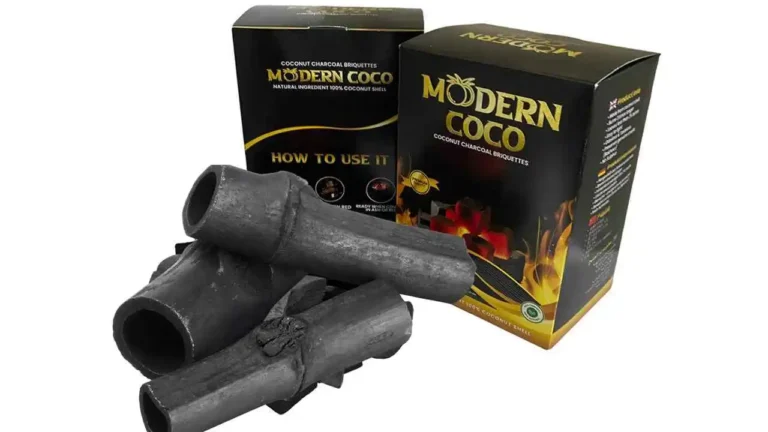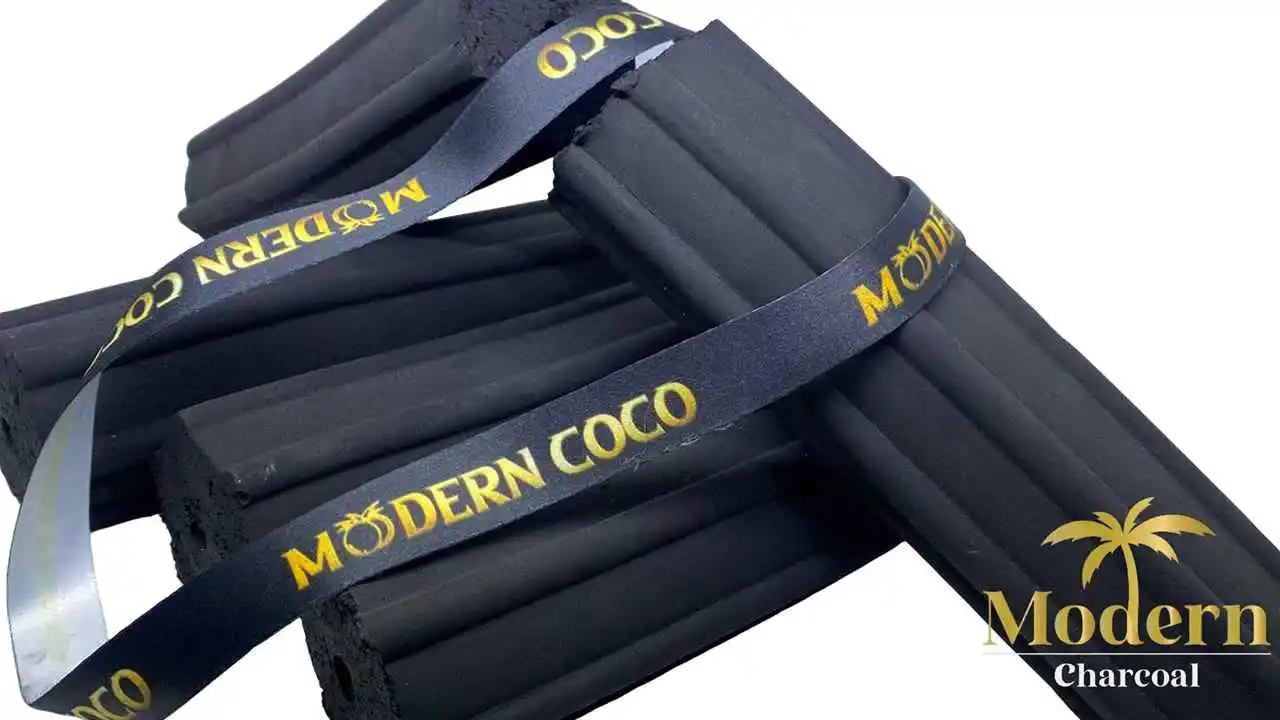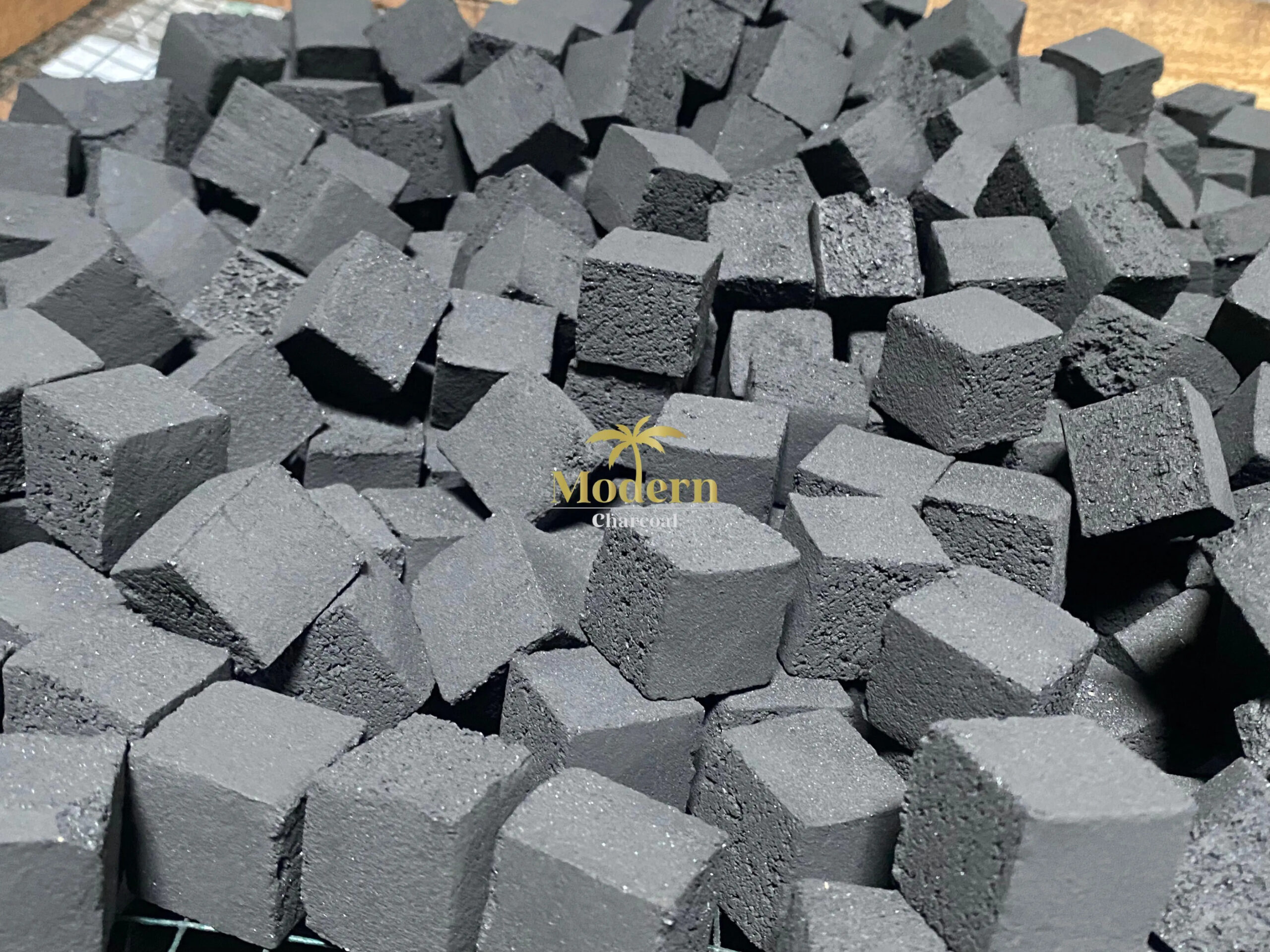Bamboo charcoal is more than just a buzzword in the realms of sustainability and natural products. It’s a versatile material that has been used for centuries in various cultures, primarily in Asia, for its unique properties and benefits. From purifying air and water to being a key ingredient in health and beauty products, bamboo charcoal’s applications are vast and diverse. This article delves into the multifaceted benefits and uses of bamboo charcoal, offering insights into why it’s becoming a staple in eco-friendly households and industries around the globe.
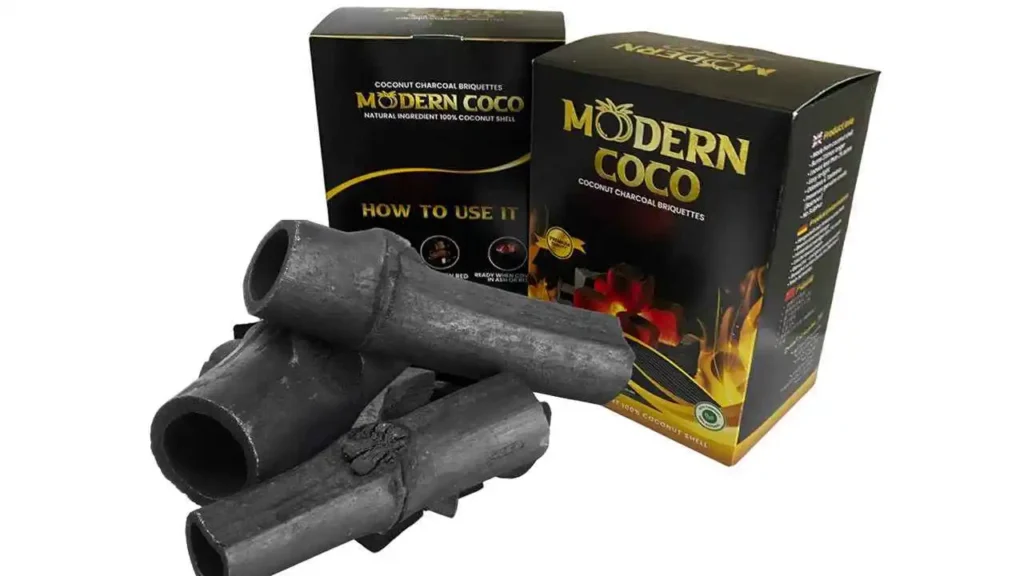
Origins and Production
Bamboo charcoal is made from the bamboo plant, a fast-growing grass that is considered one of the most sustainable plants on Earth due to its rapid growth rate and ability to regenerate without needing replanting. The process of making bamboo charcoal involves cutting the bamboo into pieces, which are then placed in a kiln and heated to high temperatures in the absence of oxygen. This process, known as pyrolysis, carbonizes the bamboo, turning it into charcoal with a high surface area and porous structure. This unique structure is what gives bamboo charcoal its remarkable ability to absorb and filter.
Environmental Impact
One of the most significant advantages of bamboo charcoal is its environmental friendliness. Bamboo is a highly renewable resource that absorbs carbon dioxide and releases 35% more oxygen into the atmosphere than an equivalent mass of trees. The process of making bamboo charcoal is clean and energy-efficient, with a low environmental footprint compared to traditional wood charcoal or chemical production processes. Furthermore, bamboo charcoal is biodegradable, adding to its appeal as a sustainable alternative.
Purifying Air and Water
Bamboo charcoal is a natural air purifier, thanks to its porous structure that traps pollutants, allergens, and harmful chemicals, effectively removing them from the air. It’s commonly used in air purifying bags, which can be placed in various locations such as cars, homes, and offices to maintain clean air quality. Similarly, when used in water filters, bamboo charcoal absorbs impurities, chlorine, and unpleasant odors, making water taste better and healthier for consumption. Activated bamboo charcoal is renowned for its natural ability to purify air and water. Its porous nature allows it to absorb toxins, odors, and harmful pollutants, making it an ideal material for air purifiers, water filters, and even in personal care products. It can also regulate humidity, which helps to prevent mold and mildew by absorbing excess moisture from the air.
Activated bamboo charcoal, the key ingredient in bamboo charcoal toothpaste, is known for its highly adsorbent properties. It works by binding to impurities and removing stains from the teeth, thus contributing to a whiter, brighter smile. The porous nature of activated charcoal enables it to absorb plaque, bacteria, and tannins (compounds found in coffee, tea, and wine) that can stain the teeth.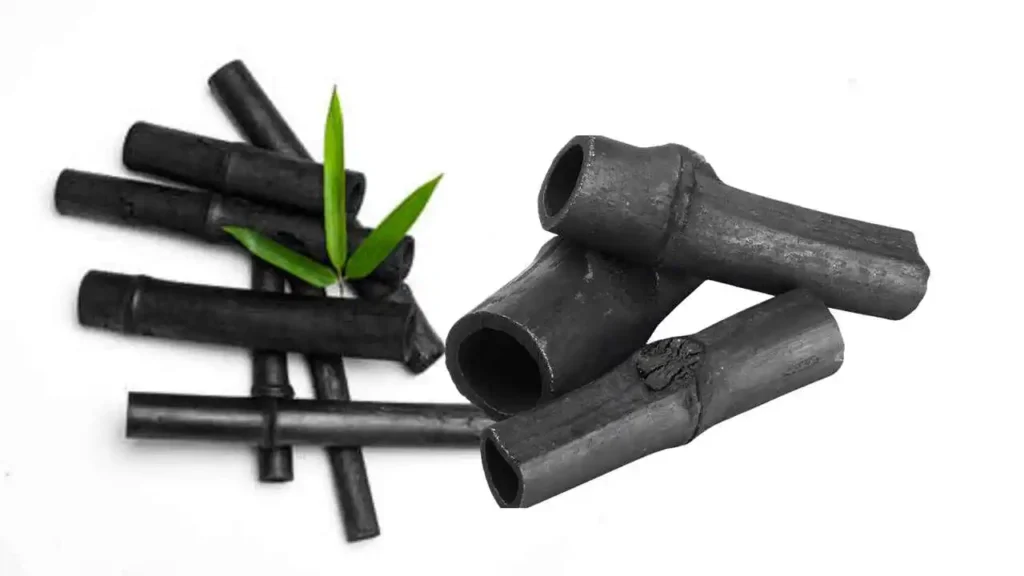
Health and Beauty
In the health and beauty industry, bamboo charcoal has carved a niche for itself due to its detoxifying properties. It’s incorporated into products like soaps, facial masks, and toothpaste. When used on the skin, bamboo charcoal acts as a natural exfoliant, drawing out impurities, bacteria, and toxins, leading to clearer, healthier skin. As a toothpaste ingredient, it gently whitens teeth by absorbing plaque and other compounds that stain the teeth.
Agriculture and Gardening
Bamboo charcoal also benefits agriculture and gardening. When mixed into soil, it enhances water absorption and retention, provides essential nutrients, and promotes healthier plant growth. Its ability to regulate soil moisture and temperature makes it an excellent amendment for both potted plants and garden beds. Furthermore, bamboo charcoal’s porous nature provides a habitat for beneficial microorganisms, improving soil fertility and plant resilience.
The secret behind the effectiveness of Nature Fresh bamboo charcoal lies in the activation process of the bamboo charcoal. Bamboo is carbonized and activated at high temperatures, which expands its surface area and creates a porous structure. This structure allows the bamboo charcoal to trap and absorb a wide range of impurities, including odors, pollutants, allergens, and moisture.
Culinary Uses
While not as widely known, bamboo charcoal has culinary applications. It is considered a food-grade charcoal and is used to enhance the flavor and color of certain dishes, such as bread, ice cream, and beverages. Its detoxifying properties are believed to help remove impurities from the body, making it a popular ingredient in health-conscious recipes.
Conclusion
Bamboo charcoal stands out as a remarkable, multi-purpose material that offers a plethora of benefits across various industries. Its sustainability, coupled with its ability to purify air and water, improve health and beauty, benefit agriculture, and even find its way into our food, makes it a true marvel of nature. As the world increasingly leans towards eco-friendly and sustainable products, bamboo charcoal is poised to become more integral to our daily lives, exemplifying how traditional materials can be reimagined for modern benefits. Embracing bamboo charcoal is not just a trend; it’s a step towards a more sustainable and healthier planet.
Incorporating bamboo charcoal into our lives and industries not only promotes a healthier environment but also encourages the adoption of green technologies and practices. Its versatility and efficiency demonstrate that sustainable solutions do not require a compromise on quality or effectiveness. As awareness and demand for eco-friendly products continue to grow, bamboo charcoal’s role is set to expand, offering a greener alternative that benefits both people and the planet. Whether it’s through small steps like replacing air fresheners with bamboo charcoal bags or larger initiatives in industrial processes, the potential for bamboo charcoal to contribute to a more sustainable world is immense and undeniably promising.
In the quest for innovative and eco-friendly materials, bamboo charcoal wood veneer stands out as a remarkable choice for designers, architects, and homeowners alike. This unique material not only brings a touch of nature into our living spaces but does so with an eye on sustainability and environmental responsibility.
By embracing the power of bamboo charcoal, we can make significant strides towards a more sustainable and environmentally friendly future. Its unique properties and applications serve as a testament to the innovative use of natural resources, providing a blueprint for harnessing the potential of other sustainable materials. Bamboo charcoal’s journey from ancient tradition to modern marvel highlights the importance of revisiting traditional knowledge for contemporary solutions, paving the way for a greener

